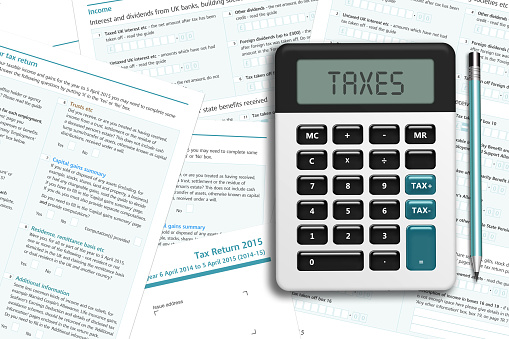UK-based investors with investments in Russia, the Ukraine – or indeed in other jurisdictions – may find that their once attractive investments are now worth little, or indeed nothing, because of the Russian invasion of Ukraine and associated sanctions, but they can claim capital gains tax relief, say leading tax and advisory firm Blick Rothenberg.
Robert Salter, a client tax director with the firm said: “UK tax legislation allows investors to make a claim for capital gains tax relief, when assets they own are lost, destroyed or otherwise become of negligible value. In this context, negligible value means that the asset is now worth ‘almost nothing’. Such capital losses can then be offset against capital gains – either for that same tax year or future tax years. When assessing the value of any such capital loss, relief can be claimed – as with normal capital gains tax calculations – for any ancillary costs associated with the ownership of the asset, e.g., acquisition costs, disposal costs, costs of improving the asset during the period of ownership.”
Robert added: “Negligible asset claims are not something which is automatic. Rather, taxpayers in such situations need to make a claim, as part of their annual tax return submissions or potentially via a letter to HMRC, specifically claiming the relief.”
Robert said: “Where taxpayers do make a negligible value claim, any capital gains tax relief would in the first instance automatically be given in the tax year in which the claim is made to HMRC. However, in some situations, it may be possible for the taxpayer to formally link the tax relief claim to an earlier tax year. For example, if one lost assets in Russia or Ukraine in the 2021/22 UK tax year, the year ending 5th April 2022, but only physically made the claim to HMRC in the 2022/23 UK tax year (i.e., after 6th April 2022), the taxpayer could specifically claim the relief in the 2021/22 UK tax year if they so wished.”
Robert added: “Negligible asset relief can – in appropriate cases – be used from a tax planning perspective. For example, as spouses, and civil partners, can make transfers of assets between themselves on a ‘no gain, no loss’ basis, it may be appropriate to ensure that where one partner is expecting to make a significant capital gain ,e.g. on the sale of shares or other assets, and another has a capital loss available because of the negligible value claim, that these two situations are correctly ‘matched-up’, so that the loss is utilized as quickly as possible. Otherwise, unless the owner of the negligible value property is expecting to make their own capital gains soon, one may find that the capital loss needs to get carried forward for several years before any tax relief can actually be claimed.”
Robert said: “In practice, negligible value claims are not appropriate in all situations. If someone realistically hopes and expects to regain access to their Russian investments in due course, it is not appropriate to make such a claim. However, where used correctly and with appropriate, personalized advice, they do provide taxpayers suffering from significant capital losses the chance to get some tax relief.”



 Bitcoin
Bitcoin  Ethereum
Ethereum  Tether
Tether  XRP
XRP  Solana
Solana  USDC
USDC  TRON
TRON  Cardano
Cardano  Lido Staked Ether
Lido Staked Ether  Avalanche
Avalanche  Toncoin
Toncoin